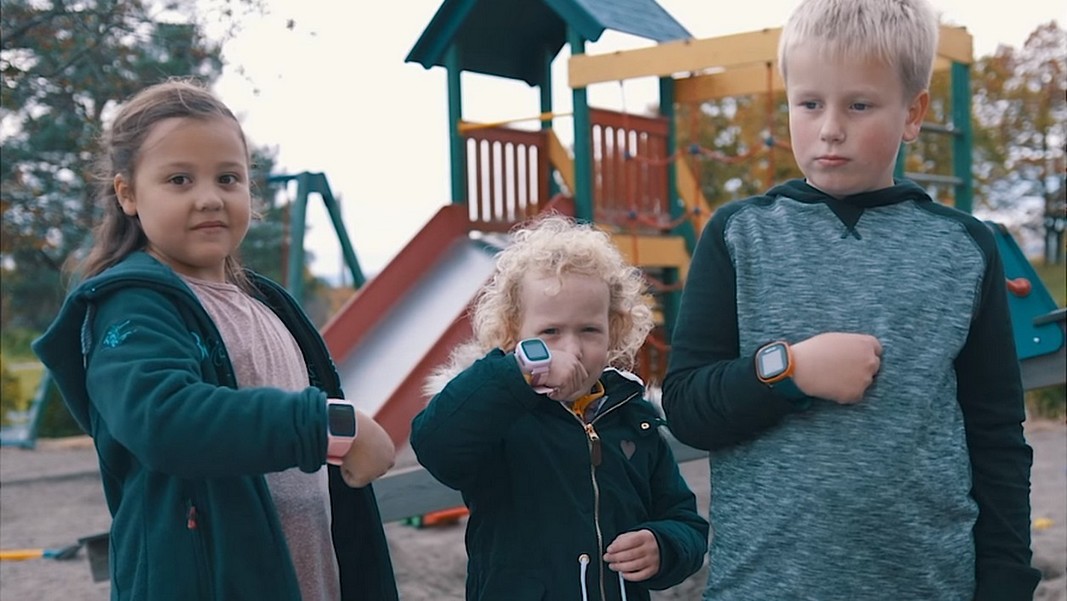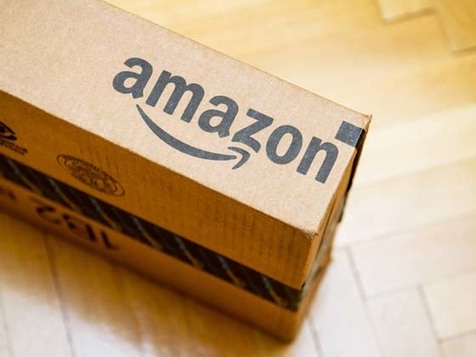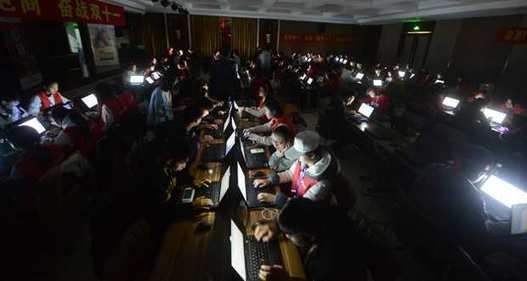L’Allemagne interdit les montres connectées pour enfants
L’agence nationale allemande des télécommunications vient d’interdire la vente des montres connectées destinées aux enfants. Elle va même encore plus loin en demandant aux parents de détruire les montres qu’ils auraient déjà achetées. Pourquoi ? Parce que ces appareils connectés à Internet peuvent être piratés et détournés de leur fonction première pour servir de dispositif...








